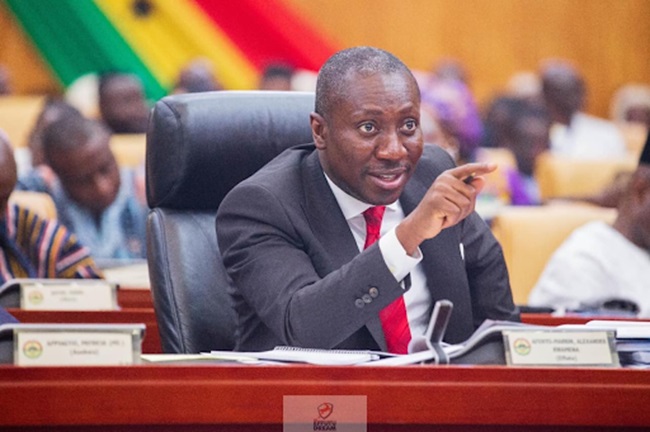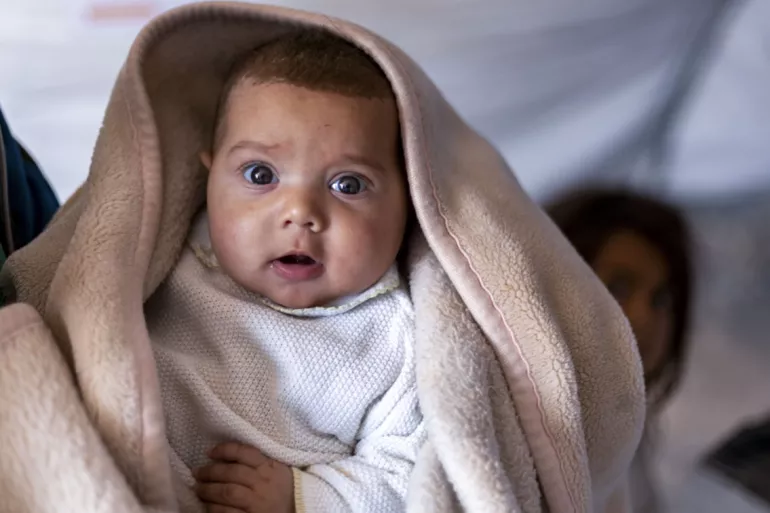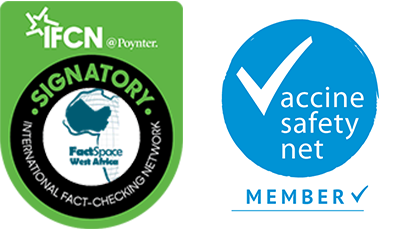Claim: Dew bottled water is poisonous
Source: WhatsApp Chatbot
Verdict: Hoax
Researched by Gifty Danso
GhanaFact, through its WhatsApp chatbot, has received a claim concerning “poisonous Dew” bottled water.
The message sent to our chatbot reads: “Urgent; pls pass this to any loved ones—just got this information now. Please don’t buy or drink any bottled water called “DEW. “Customs said it was shipped into Nigeria from Tanzania, where it has killed 180 people. It is said to contain a poisonous chemical. Please pass this on and save millions. If you don’t believe, check Google for “DEW bottled water. “Save lives as I just saved yours.’.@.”
This fact-check will verify the authenticity of the message.
Fact-Check
GhanaFact searches showed that the message about the “poisonous” Dew water has been circulating since 2011, first in Nigeria and subsequently in Ghana.
In June 2011, Nigeria’s National Agency for Food and Drug Administration and Control (NAFDAC) dismissed and described the widely shared claim as false and mischievous.
Also, in a press statement on June 25, 2011, Ghana’s Food and Drugs Authority (FDA) debunked the same report about Dew bottled water. According to the FDA, it had not registered any product as Dew bottled water, and the circulating information is a “rumour” that was “false.”
Several fact-checking organisations across the continent have also debunked the claim over the years (find here, here, and here).
A hoax that refuses to die
The message about the bottled water scare has been circulating for 14 years, and has been amplified through social media platforms such as Facebook, X and more popularly, WhatsApp.
GhanaFact through its investigation found that the claim circulated in 2011, 2019, 2020, 2023, and 2025, particularly in countries such as Nigeria, Ghana, Namibia, and Tanzania, where it is claimed the “poisonous” water brand had originated.
As recently as April 2025, the Tanzania Bureau of Standards (TBS) issued a statement, reiterating the safety of the Dew Drop drinking water produced in Tanzania. The authority said its statement was to correct misinformation making the rounds since 2020 about the safety of the bottled water brand.
“TBS would like to inform the public that the product has been certified to meet the requirements of the relevant standard (TZS 574) and has been granted licence number 1278 for water produced in Rukwa region and licence number 2697 for water produced in Dar es Salaam region.
“Therefore, this water product is of good quality and safe for consumption. Similarly, Tanzania, through TBS, has never received any complaints about the quality and safety of the product from within and outside the country,” the statement said.
Verdict
Therefore, the message about “poisonous” Dew bottled water is a HOAX!
NOTE: This claim was submitted by a user of the GhanaFact chatbot.















